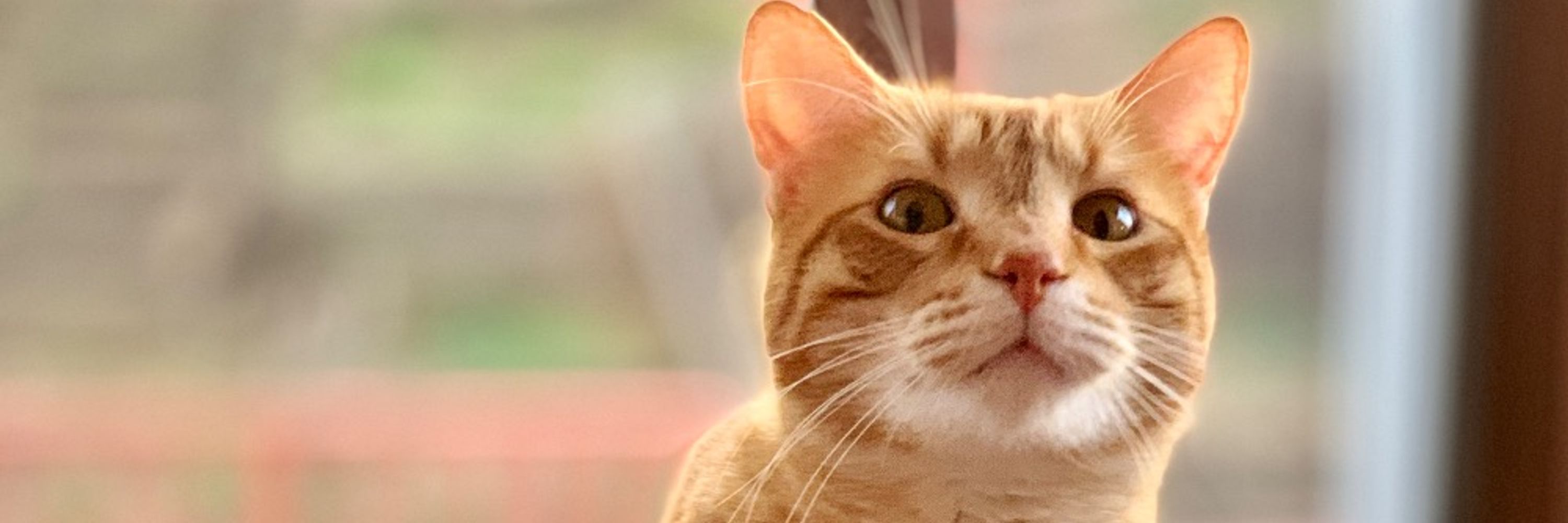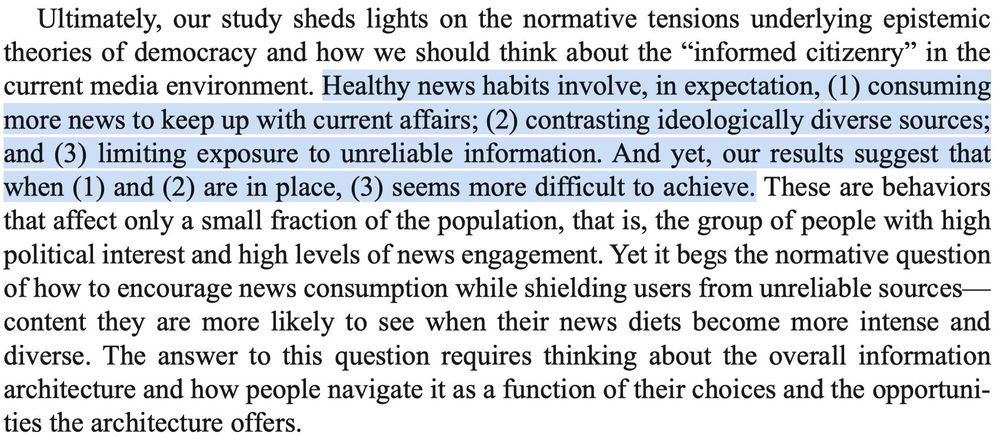Alvin Zhou
@alvinyxz.bsky.social
110 followers
73 following
8 posts
Computational ∪ Strategic Assistant Professor at the University of Minnesota
Posts
Media
Videos
Starter Packs
Reposted by Alvin Zhou
Reposted by Alvin Zhou
Kim Weeden
@weedenkim.bsky.social
· May 14
Reposted by Alvin Zhou
Reposted by Alvin Zhou
Alvin Zhou
@alvinyxz.bsky.social
· Sep 27
Alvin Zhou
@alvinyxz.bsky.social
· Sep 27
The puzzle of misinformation: Exposure to unreliable content in the United States is higher among th...
Healthy news consumption requires limited exposure to unreliable content and ideological diversity in the sources consumed. There are two challenges to this nor...
journals.sagepub.com





